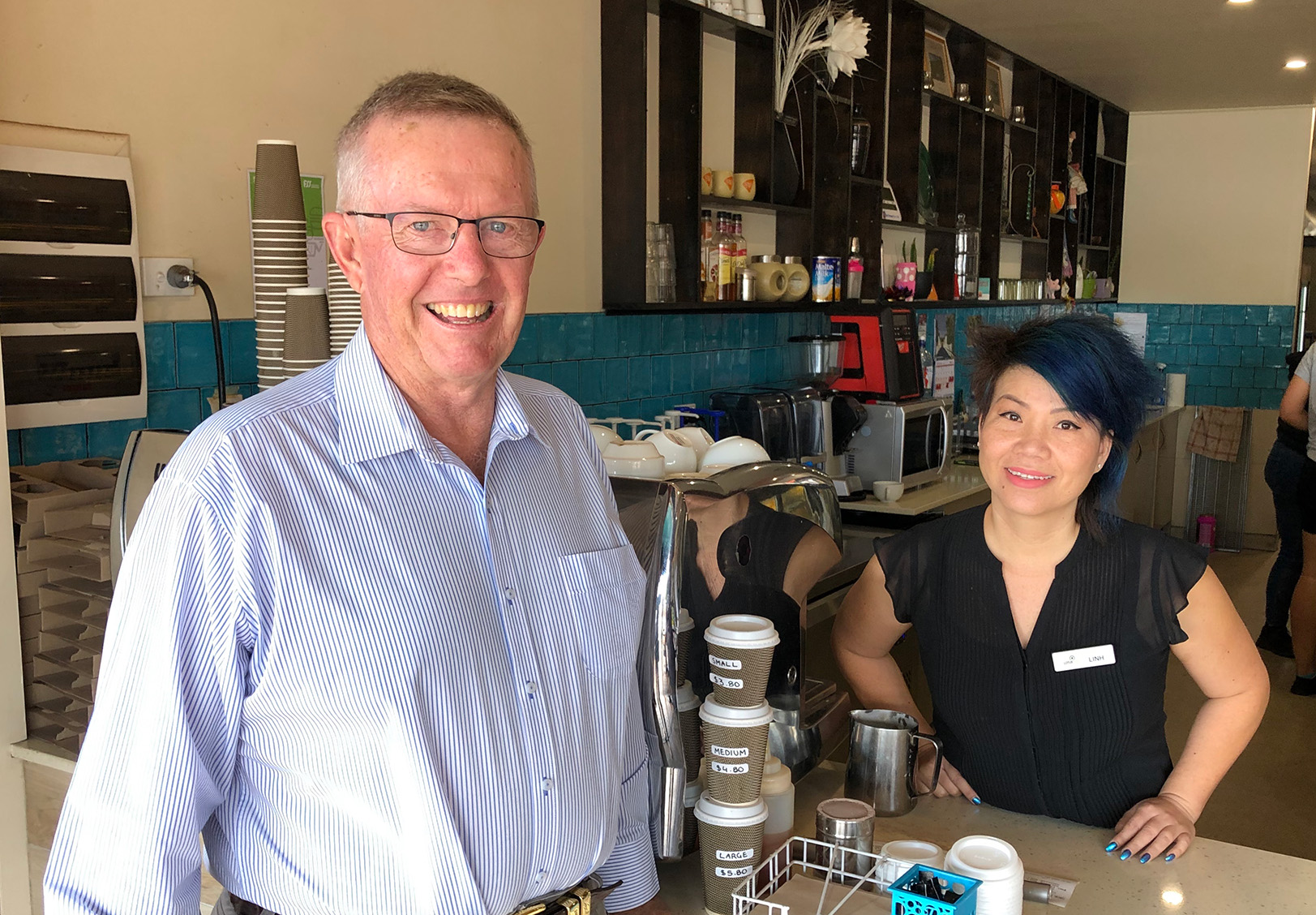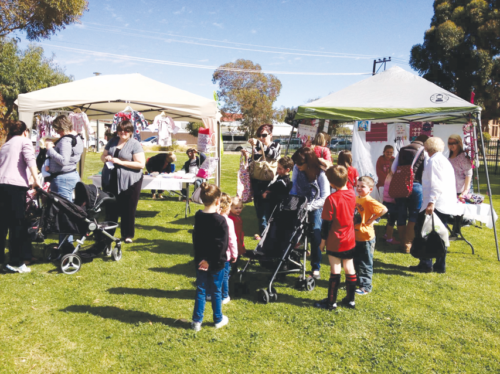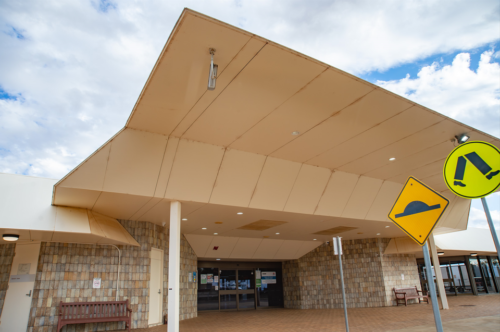Parkes MP Mark Coulton recently called on the Labor Government to prioritise onshore skilled regional visa applications.
The MP says that would help provide certainty to keep families and migrants staying in the area.
The MP’s plea comes after the Federal Government made a Ministerial Direction that came into effect at the end of October prioritising offshore permanent and provisional visa applications.
Ministerial Direction 100 aims to formalise the government’s processing priorities for the health and education sectors and builds on ongoing work to improve skilled visa processing times and clear visa backlogs.
While Mr Coulton noted the new procedure would have benefits for small businesses to recruit overseas workers, he says there’s a significant increase in the processing times for onshore applicants.
But the Department of Home Affairs reports it has finalised more applications for Skilled – Regional (Provisional and Permanent) (subclasses 489, 491 and 887) visas than in the same period last year, 52% more, a spokesperson told us, than in 2021/22 – which in part was a holdover from the Coalition government’s time in office.
Mr Coulton says the Parkes electorate is facing workplace shortages and that delaying onshore visa applications will exacerbate the issue. He believes people will leave the area, and says it’s important to retain the services of people actively contributing to rural and regional towns, especially in critical sectors such as health and aged care.
“Since Ministerial Direction No. 100 came into effect at the end of October, I’ve noticed a significant rise in the number of 887 and 491 visa applicants contacting my office about the delays in processing times,” Mr Coulton said.
“Many of these people have been waiting 24 months or longer for their visas to be processed, which is understandably causing a great deal of stress and uncertainty.
“However, while waiting for their visas to be approved, these people cannot advance their careers or work in their expert field. They can’t buy a house or properly establish roots because they are living in limbo.
“Sadly, people are now leaving our regional areas and moving to the city or even back to their home countries because they can’t get visas.”
There are different regional visas – a Subclass 887 Skilled Regional visa is for people who have lived and worked in specified areas of regional Australia on a previous, eligible visa, while a Subclass 491 Skilled Work Regional (Provisional) visa is for skilled people nominated by a state or territory government to live and work in regional Australia.
A Department of Home Affairs spokesperson told the Barrier Truth there was a priority to support those people living in regional areas and contributing to the workforce.
“Applications relating to occupations in regional Australia continue to have priority, helping to support agricultural and other regional workforce needs.
“The inclusion of regional visas in Ministerial Direction 100 means that eligible applications are being prioritised, improving processing times across the caseload,” the spokesperson said.
As the Department works through older applications in the backlog and newly recruited staff are trained, processing times should improve.
“Reducing the number of on-hand visa applications is a priority for the Australian government. We are committed to reducing on-hand visa applications to pre-Covid levels, and have ramped up activity to accelerate processing times,” the spokesperson said.
“Almost 3.48 million temporary and permanent visas have been processed since June 1, 2022, reducing Australia’s visa backlog as the volume of new applications continues to surge. These include over 1,867,000 visitor, 257,000 student, and 53,000 temporary skilled applications. Nearly 3.09 million of these applications involved applicants who are outside Australia.
“The government also announced an extra 500 positions that will support temporary and migration visa processing. Since the start of May 2022, the Department has recruited an additional 309 staff into roles supporting temporary and migration visa processing.
“Ongoing recruitment exercises will see a steady increase of staff commencements between now and February 2023, in roles supporting the delivery of the Migration Program as well as visa programs such as the subclass 887 (Skilled Regional) visa and the subclass 491 (Skilled Work Regional (Provisional) visa.”











